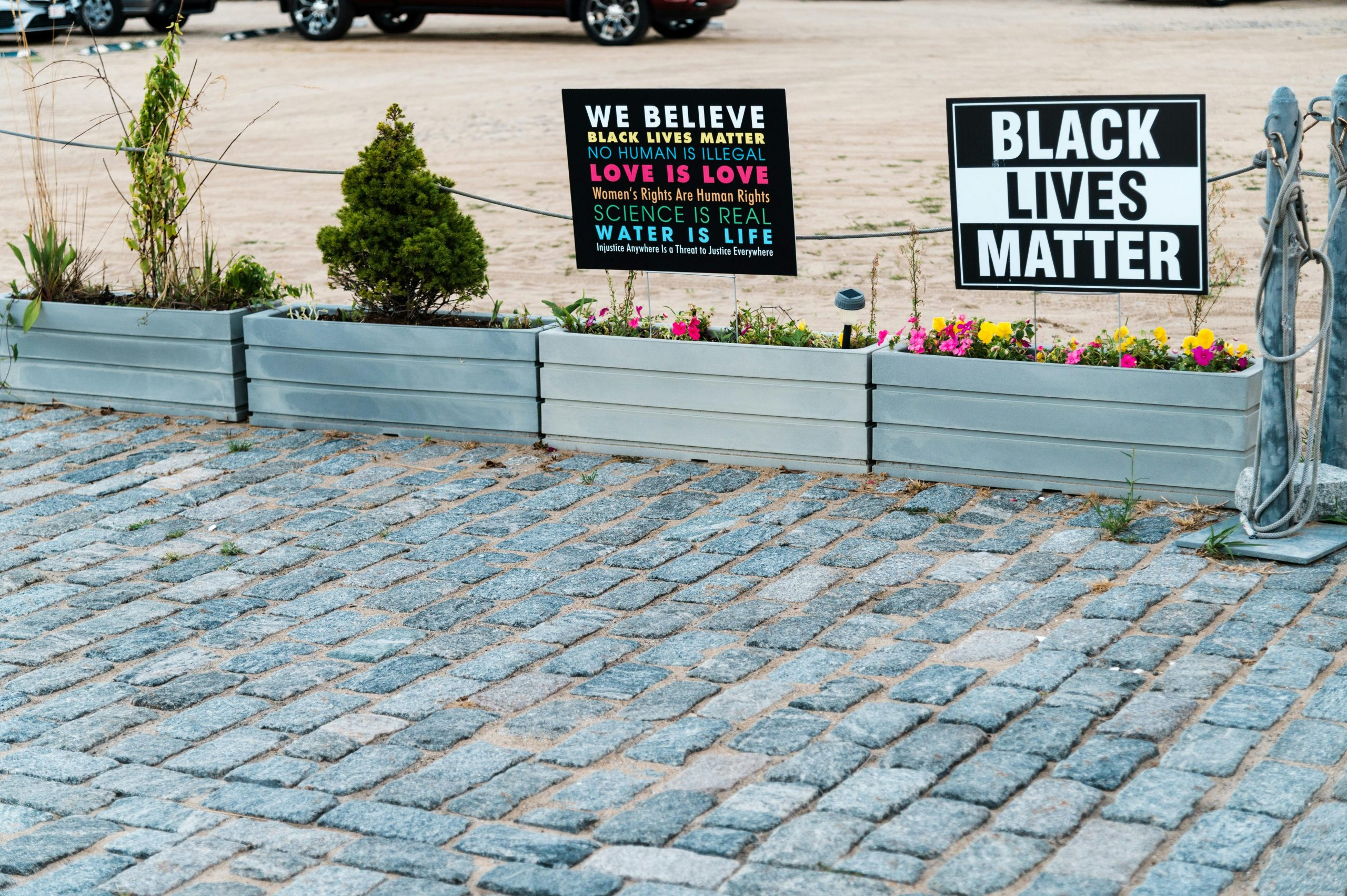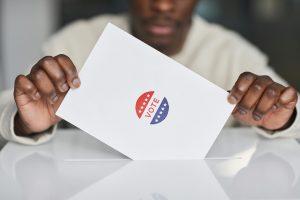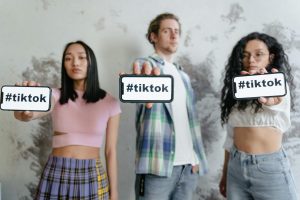Political messaging and social themes hit the runway
The fashion industry has long been associated with beauty, glamour, and luxury. But in recent years, we’ve seen a shift in the way fashion designers are using their platform to address societal and political issues. Political messaging and social themes have been hitting the runway, making a statement and challenging the traditional norms of the fashion world. From powerful slogans to bold designs, fashion has become a powerful tool for social and political commentary.
The Rise of Political Messaging in Fashion
In the past, fashion shows were solely a display of the latest trends and designs. However, with the rise of social media and the increasing influence of politics in our daily lives, designers have taken a more activist approach to their collections. Many designers have started using their platform to send a message and raise awareness about important social and political issues.
Slogan Tees and Activist Attire
One of the most common ways that political messaging has hit the runway is through slogan tees and activist attire. Designers have been incorporating powerful slogans and messages onto t-shirts, hoodies, and other apparel. These slogans often address issues such as feminism, racial equality, and environmentalism.
In 2017, Dior’s former creative director, Maria Grazia Chiuri, made a powerful statement with her debut collection for the fashion house. The show featured models walking down the runway in t-shirts with the slogan “We Should All Be Feminists.” The collection received widespread praise for its bold and thought-provoking message.
Similarly, clothing brand Pyer Moss used their runway show in 2020 to bring attention to issues of police brutality and racial injustice. The show featured models wearing t-shirts with slogans like “Stop calling 911 on the culture” and “See us now?” This powerful display sparked conversations and brought attention to important social issues.
Fashion as a Tool for Empowerment
Aside from addressing social and political issues, fashion has also been used as a tool for empowerment. Many designers have been incorporating elements of traditional clothing from marginalized societies into their collections, celebrating diversity and inclusivity.
In 2018, designer Marc Jacobs faced backlash when he used dreadlocks in his runway show without giving credit to the Black culture they originated from. However, in recent years, we’ve seen designers like Christian Siriano and Chromat actively embrace diversity and inclusivity in their collections. They have featured models of all shapes, sizes, and backgrounds, sending a message of acceptance and empowerment.
Celebrities and Their Impact
Politics and fashion have always been intertwined, and celebrities have played a significant role in bringing attention to important social and political issues through their fashion choices. From red carpet events to street style, celebrities have used their platform to send messages and make statements.
The Power of the Red Carpet
Red carpet events, such as the Oscars and Met Gala, have become a stage for celebrities to use their fashion choices to make a statement. In 2018, at the Golden Globe Awards, the majority of celebrities dressed in all-black, in solidarity with the Time’s Up movement. This display of unity and support for victims of sexual abuse sent a strong message to the world.
Celebrities have also used their red carpet looks to promote sustainability and eco-friendly fashion. In 2021, the Met Gala’s theme was “In America: A Lexicon of Fashion,” and many celebrities incorporated sustainable fashion into their looks. From recycled materials to environmentally-friendly fabrics, these celebrities used fashion to bring attention to the importance of sustainability.
The Importance of Being Intersectional
While the rise of political messaging in fashion is undoubtedly a step in the right direction, it’s crucial for designers and brands to be intersectional in their activism. Unfortunately, many powerful movements, such as Black Lives Matter and LGBTQ+ rights, have been whitewashed and co-opted by the fashion industry. Brands must ensure that their message is inclusive and promotes true equality.
In recent years, we’ve seen brands like Savage x Fenty and Telfar prioritize diversity and inclusivity in their collections and campaigns. This has not only brought attention to important causes but has also helped to set a precedent for the fashion industry to be more inclusive and intersectional in their activism.
The Impact of Political Messaging in Fashion
Fashion has always been a reflection of society, and the rise of political messaging in fashion shows how powerful this industry can be in sparking change and raising awareness. With the help of social media, these messages are reaching a wider audience and creating meaningful conversations about important issues. Fashion has become more than just clothes; it’s now a medium for social and political commentary.
In conclusion, political messaging and social themes have hit the runway, and the fashion industry will never be the same. From powerful slogans to inclusive designs, the impact of this shift in the industry goes far beyond the runway. It’s an important step towards a more conscious and socially aware fashion world.










